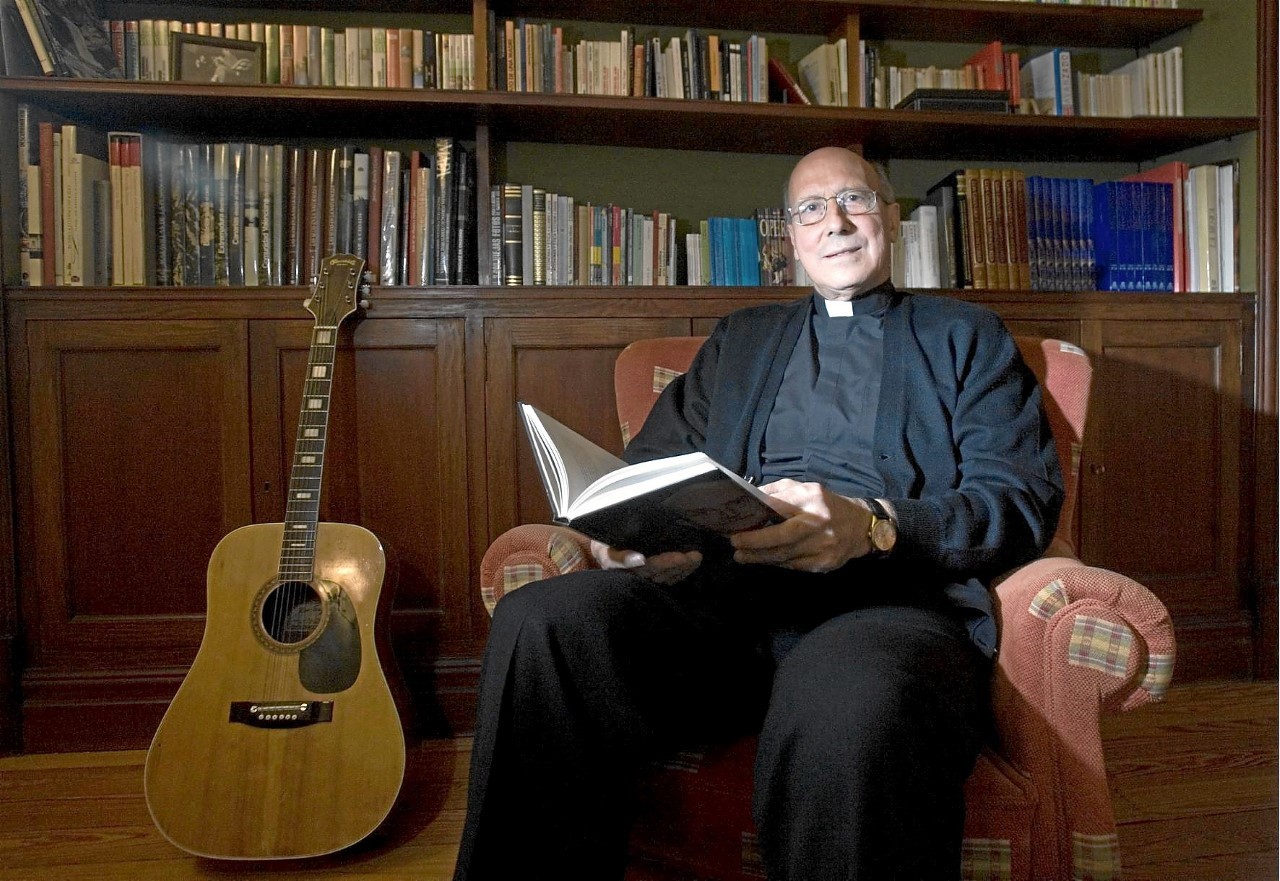Ana Peleteiro The sailor's granddaughter who did not want to be a dancer
Chronicle Ana Peleteiro went beyond herself to reach bronze in the best triple final
Length Eusebio Cáceres suffers the curse of fourth place again
The acceleration lane leading to the Tokyo stadium pit was flooded, because it wasn't tartan. It was ash. A Spaniard sped up, thrown like a man possessed, but it wasn't
Eusebio Cáceres
, nor was it
Ana Peleteiro
. It was a diploma like the first, in length, it did not reach the podium like the second, in triple, although it competed in both tests. It was not 2021. It was 1964, the year of a Games with all its atmosphere, inflamed the stadium.
Luis Felipe Areta
, who was 22 years old at the time, seven years younger than Cáceres and three years younger than Peleteiro, put down his cigarette and made the leap of his life, although not the longest.
In a Spain where structured athletics did not exist, Areta (San Sebastián, 1942) reached a sixth place that was not able to match any Spaniard in Olympic competitions for 40 years, until Athens 2004. It was
Naroa Agirre
, on pole.
Peleteiro and Cáceres improved it in the same place, with two flights in memory of the father of the jumps in Spain.
Areta competed, in fact, in three Games, until Mexico 68. Later, he changed the athlete's habits for the priesthood habits, ordained by Opus Dei.
Luis Felipe Areta Iñaki Andres
The weather was also different, because Tokyo had dawned under a storm that October 16, similar to the one that hit the stadium on Monday.
That had caused the ash to compact.
Areta was making his second attempt to get into the improvement of the final, after having tried, without success, to qualify in the triple, days ago.
In fact, he was a jumper who alternated the two events, which he dominated for years at the national level, with 26 state records and 17 national titles.
He took the length record from 7.40 to 7.77 and the triple record, his favorite specialty, from 14.54 to 16.36.
He was the first Spaniard to pass 15 and 16 meters.
"WE SMOKED ON BREAKS"
Areta's obsession was improvement, once among the 12 who played in the final, and he achieved it with an attempt of 7.30. The suspense was maximum after the measurement, because with the metallic marker the numbers fell one by one while the athletes watched. Seeing the mark, Areta pulled out his tobacco pack and took shelter from the rain. "So we jumpers would smoke on the track while waiting," he told
Diario Vasco
on the 50th anniversary of his feat.
The young Spaniard did it along with some of the great jumpers of the 60s, such as the American
Ralph Boston
, second with 8.03, and the Soviet
Igor Ter-Ovanesyan
, third with 7.99. Britain's
Lynn Davis
won gold with 8.07. Areta, who had already competed in Rome at the age of 18, was the representative of an autarkic Spain, in which the Franco regime celebrated the XXV years of Peace and the economic effects of the Stabilization Plan caused the first great year of the 'babyboom' . A Spain far from the world in which
Lyndon Johnson
approved the Civil Rights Act, a year after the assassination of
JFK
in Dallas, and in England the irreverent band Pink Floyd was born.
A Spain, likewise, far from athletics, except for vocational characters like
Gasca
, whom the very young Areta found at Atlético San Sebastián.
"I had played in the youth team of the Real, I had even played basketball, but he suggested that I dedicate myself to the triple jump," explained the protagonist.
INJURY IN MEXICO
In Mexico, four years later, Areta was classified among the 12 athletes who were supposed to compete in the final, but in the middle of the contest he was injured.
Another injury prevented him from closing the next Olympic cycle in Munich and he said goodbye to the tracks to dedicate himself to theology studies.
He was a permanent member of Opus Dei since 1959. In 1980, he was ordained a priest with another group of professionals in Torreciudad, home of the order.
Since then, spiritual direction has occupied its time, while the witness that he left in the longitude was picked up by others, still pioneers in athletics, such as
Rafa Blanquer
, the first Spaniard to overcome eight meters, in 1976, and break the record. national of Areta.
Then came
Antonio Corgos
or
Raúl Chapado
, current president of the Federation, without forgetting the ill-fated
Yago Lamela
, the misunderstood prodigy, who left the current record (8.56).
For everyone who has spent a large part of their life in the moat and knows its history, there is a connection between the two great moments of Tokyo.
According to the criteria of The Trust Project
Know more
sports
Athletics JJOO
Spain Olympics
HBPR
Tokyo OlympicsJesús Ángel García Bragado: "Without cheats I would have an Olympic medal"
Tokyo Olympic GamesMohamed Katir, the sudden Spanish phenomenon of the middle ground who already aspires to gold in Tokyo: he reads poetry, trains in a field and his father arrived in a boat
Tokyo Games Ana Peleteiro, the sailor's granddaughter who did not want to be a dancer
See links of interest
Last News
Translator
Tokyo results
2021 business calendar
Home THE WORLD TODAY
Master investigative journalism
Tokyo 2021
Spain - Russia, live

